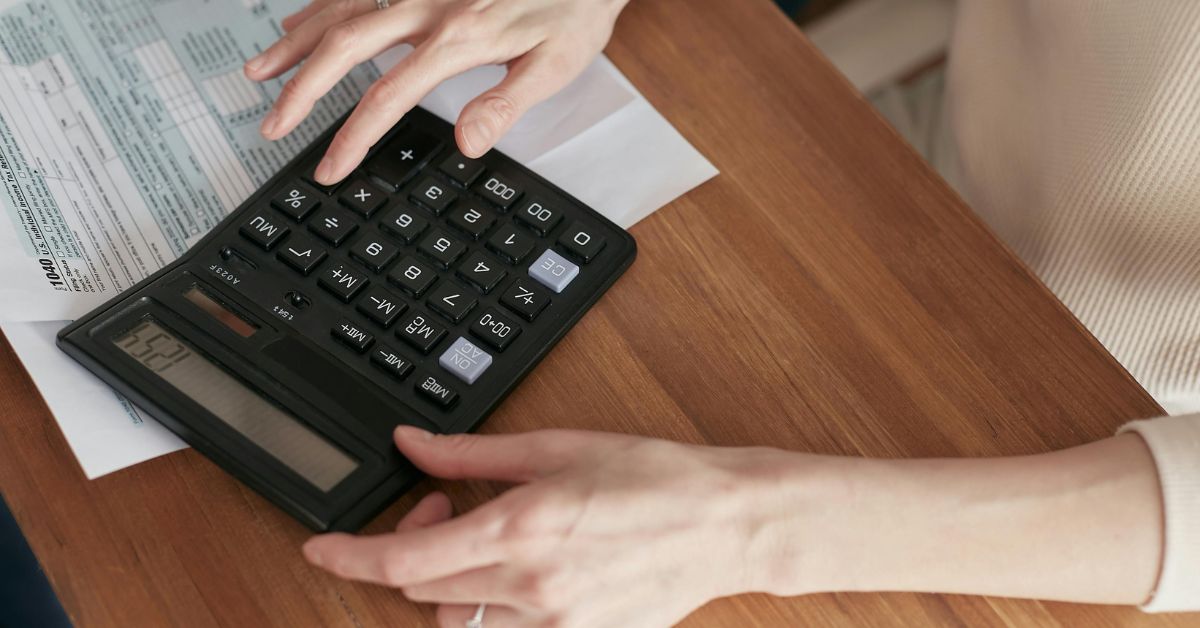Problem debt, also sometimes referred to as unaffordable debt, is a rising issue facing numerous households across the UK due to unmanageable living expenses, the cost of living crisis and much more.
In this article, we take a look at what problem debt is in more detail, including how to spot problem debt, what it actually means and how to manage it. To discover more about problem debt, carry on reading.
What is Problem Debt?
Problem debt can occur when a person is no longer able to afford to repay their debts, and therefore it becomes completely unmanageable. As a result of being in problem debt, people can easily fall behind on their debt repayments, be in arrears to their creditors and feel overwhelmed and stressed by their situation.
In September of 2023, Citizens Advice undertook a study where they found that ‘energy debts and council tax arrears are now the most commonly encountered problem debt’, showing a common trend in how UK households are struggling with their finances. A difficult cycle to deal with, those who are in problem debt often feel like they cannot solve the problem.
What Can Be The Cause of Problem Debt?
There is not a singular reason why somebody may experience problem debt. Instead, it could be caused by a number of factors, most commonly including:
- A job loss
- A loss of income, whether that be from employment or your entitled benefits
- Breakdown of a relationship, such as a divorce or separation
- Taking on more debts to try and pay off existing debts
Mainly, a large change in your financial situation could be a contributing factor to problem debt. As many people may feel ashamed or embarrassed by their debts, it may stop them from seeking help with their debts and therefore keep them in the debt cycle. We recently spoke about the main barriers to getting debt advice as part of Debt Awareness Week 2024, which you can read about here.
Common Signs of Problem Debt
Everyone’s financial situation is different, so problem debt might vary depending on that person. However, if you think that you, or someone you know, might be struggling with problem debts, there are some common signs to look out for to try and spot it. This can include, but is not limited to:
- Being consistently behind on debt repayments to your creditors, including credit card loans, store cards and priority bills like rent and mortgage payments.
- Using credit cards for daily expenses, rather than larger purchases
- Using savings to pay off your debts
- Feeling increasingly overwhelmed and stressed by your debts
- Turning to friends and family to ask for money to pay off debts
No matter what the reason is for falling into problem debt, it’s important to know that there is support available to help your debts become manageable and get you back on track financially.
What Happens If I Can’t Pay My Debts?
This is a question that we come across frequently, and is something that many people will worry about if they are in problem debt. If you cannot afford to make your full payments and therefore do not pay back your debts, then you may receive a default notice from your creditor. A default notice shows that you have missed payments to the account and often means that the account has been closed, or you can no longer use it to access credit.
One of the most important things you need to do if you cannot make your repayments is to notify your creditors immediately. This will ensure that they have knowledge of your situation, and may offer alternative solutions to help you pay your debts in a more manageable way.
How to Manage Problem Debt
We understand that managing problem debt can be stressful, but help is available to get you back on your feet. Seeking confidential debt advice from a trusted company will help you to identify the most appropriate solution for your circumstances, but will also talk you through the stages of how to manage your problem debt, empowering you to make informed financial decisions.
Getting debt advice won’t damage your credit score, and allows you to get a plan in place to help you deal with your debts. This could include getting budgeting advice and creating a spending plan, entering an appropriate debt solution, finding out which benefits you could be eligible for and so on. Why not try our free benefits calculator to find out for yourself? It only takes between 5-10 minutes to complete.
In Need Of Help With Your Problem Debt?
We know how hard it is to break the cycle of problem debt. At Angel Advance, every debt advice journey is tailored to your individual situation, so you’ll know that our advice is based on your best interests.
You can get our confidential debt advice any time, day or night, and in a way which suits you. We are available via our 24/7 online debt advice tool, over the phone, email, WhatsApp or live chat – whichever option you prefer.


